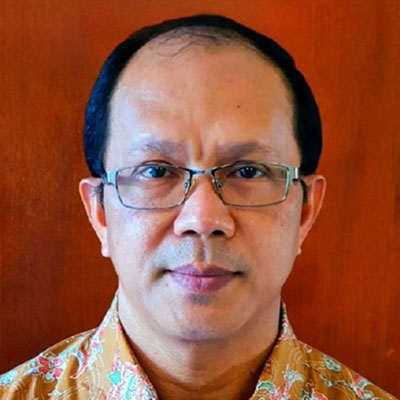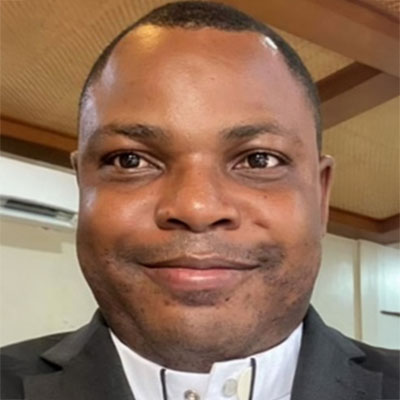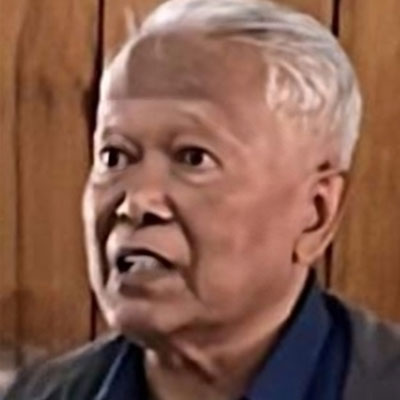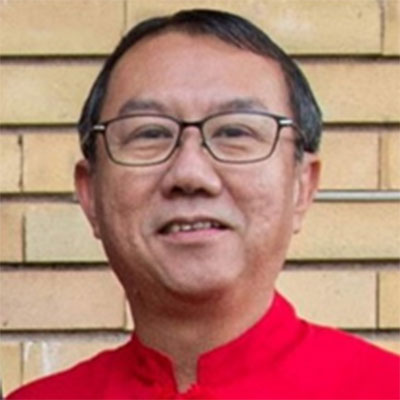 Anthony Lim, cicm
Anthony Lim, cicm
General Councilor
I felt relieved at the end of my Initial Formation on 16 May 1999. I told myself, "Now my formation is finished, and I can go full steam ahead with the missionary work!" I was not thinking anymore about formation. I was just focused on what I could do as a missionary. I do not need to study or join any sabbatical program as these will involve spending more on the Congregation. I was in that framework that equates Ongoing Formation with attending courses and doing specialized studies!
The importance of Ongoing Formation was emphasized in the 11th General Chapter (1993), At the Service of the Kingdom. It was indicated as a priority area for our Congregation. The 11th General Chapter recommended that the General Government and Provincial Governments take animation for Ongoing Formation as a unique challenge. Since then, more significant efforts have encouraged confreres to take sabbaticals and specialized studies. The Provincial Government or the General Government sent many confreres for specialized studies from 2010 onwards.
The General Government also took up the priority. From 2001 onwards, it began organizing Ongoing Formation Sessions at the Congregational level for confreres who have had 5-10 years of ministry after completing their Initial Formation. The last session was held in October 2022 in the Philippines.
From the 16th General Chapter
During the 16th General Chapter, the reflections on Ongoing Formation re-emphasized the Spiritual, Intellectual, and Missionary dimensions. On top of that, the 16th General Chapter reminded us that our physical and psychological well-being requires ongoing formation.
"Physical and emotional health are of paramount importance. We must ensure that confreres lead a healthy life with a balanced diet, sufficient physical exercise, and rest. Regular check-ups and medical follow-ups are essential for everyone. It is important to have a trusted doctor. Sessions on physical and emotional health, with the participation of doctors and psychologists, can help in this area. It is also important to avoid multitasking and help our confreres say "no" when appropriate." (Acts of 16th General Chapter)
Therefore, Ongoing Formation is more than just taking courses, sabbatical programs, and specialized studies. It is about physical, psychological, spiritual, intellectual, and missionary well-being!
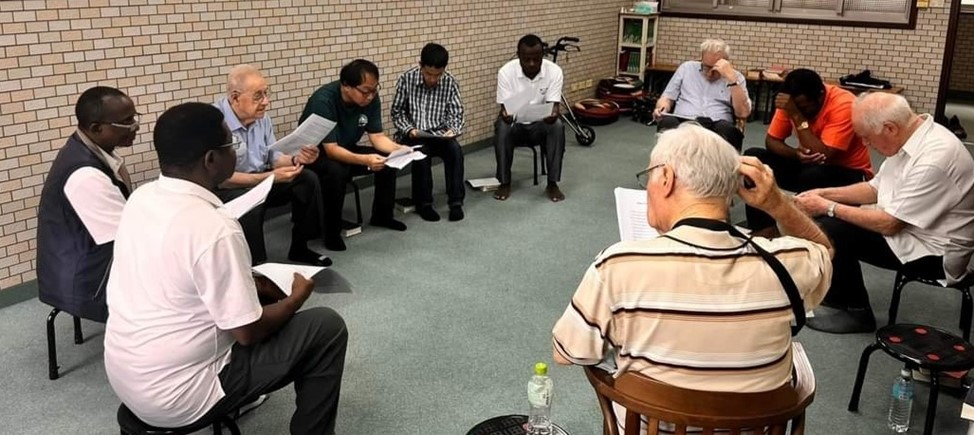
In general, the 16th General Chapter emphasized the following:
1. Physical and Emotional Health
2. Spiritual Health
- Join spiritual activities such as retreats and recollections organized by CICM districts/provinces, dioceses, and local institutions.
- In the Community, participate in the schedule of community prayer.
- Avail the help of a Spiritual Guide
- Reading books on Spirituality
3. Missionary-Apostolic well-being
- Take a sabbatical time; it can be shorter and more frequent.
- Ongoing Formation Sessions on different topics and for specific age groups of confreres.
4. Reactivate Provincial Committees for Ongoing Formation
Recommendation #9 The General Chapter recommends that the Provincial Governments organize Ongoing Formation sessions in line with the real needs of the confreres.
General Guidelines for Ongoing Formation
The General Guidelines for Ongoing Formation Chapter 4, Responsibilities and Structures, outlines the various responsibilities for ongoing formation. The Structures of Ongoing Formation begin from the personal level, then the Local Church, then the Province and the Region, and finally on the level of the General Government. I hope everyone has a copy of the Guidelines for Ongoing Formation published in 1998. Please read the General Guidelines for Ongoing Formation again to understand its importance better.
Significant Shift
There is a significant shift in my understanding of Ongoing Formation during the 16th General Chapter. Suddenly, I realized that by equating Ongoing Formation to taking up Courses and doing Specialized Studies, I had missed the point and undermined the need for Ongoing Formation as a CICM religious missionary.
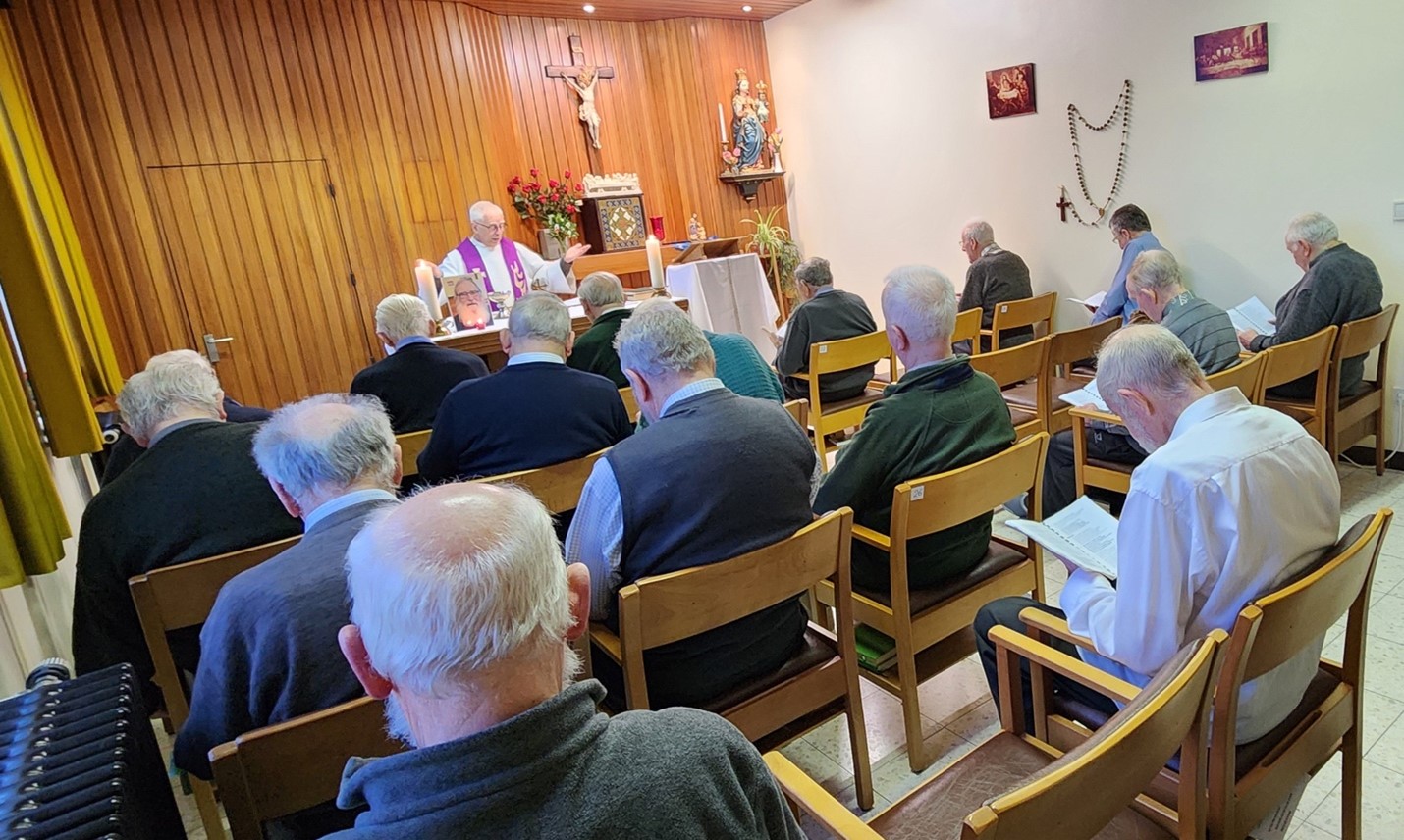
Now I realize that every time I join the Community in prayer, in the Eucharistic Celebrations, Recollections, and Retreats, I participate in the ongoing formation for my spiritual well-being. Every time I go for a medical check-up, diet, exercise, or see a medical doctor or psychologist, I am involved in the ongoing formation for my physical and emotional well-being. Whenever I join Ongoing Formation Sessions organized by the Province, the Region, or the local Church, I am in the ongoing formation process for my Intellectual, Pastoral, and Missionary well-being. Each time I read a book on Spirituality, Theology, or the Encyclicals of Pope Francis or the Tablet Magazine, I am involved in the ongoing formation of updating myself. This significant shift in my understanding makes Ongoing Formation an essential part of my life as a CICM religious missionary.
"Ongoing formation is an integral part of our daily lives. It demands a deepening of our spiritual life, an updating our missionary attitudes, and regular study. Moreover, there are times when we need to withdraw from work in order to renew and update ourselves. Each one of us carries the primary responsibility for his own ongoing formation." (CICM Constitutions Art. 78)
Our Constitutions clearly state that the ultimate responsibility for Ongoing Formation lies with each of us! The Community, the Districts, the Province, the Congregation, and the Local Church can do no more than provide the opportunity for us to engage ourselves fully in our ongoing formation to grow and become a committed, updated, renewed, and joyful CICM religious missionary in a changing world!




